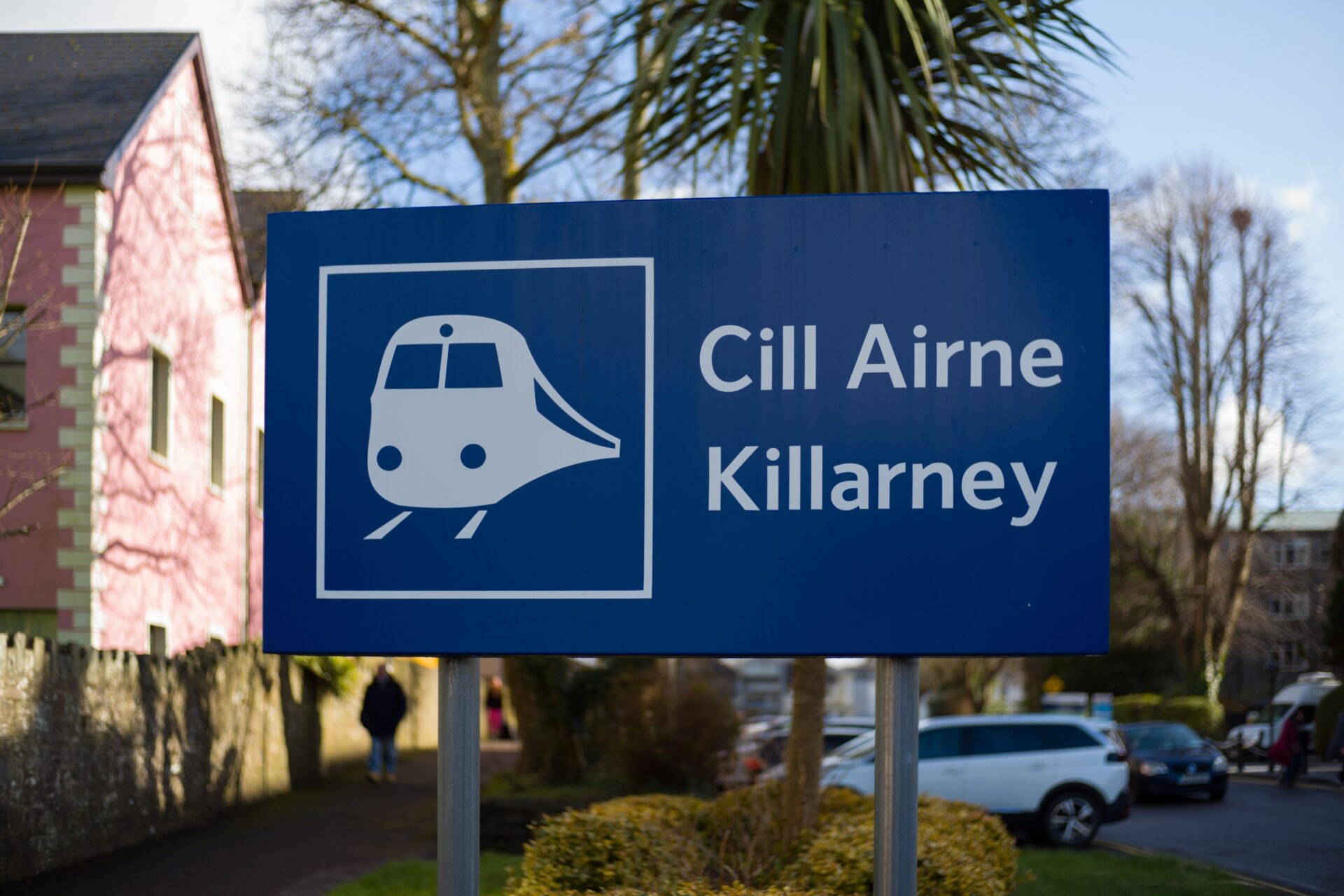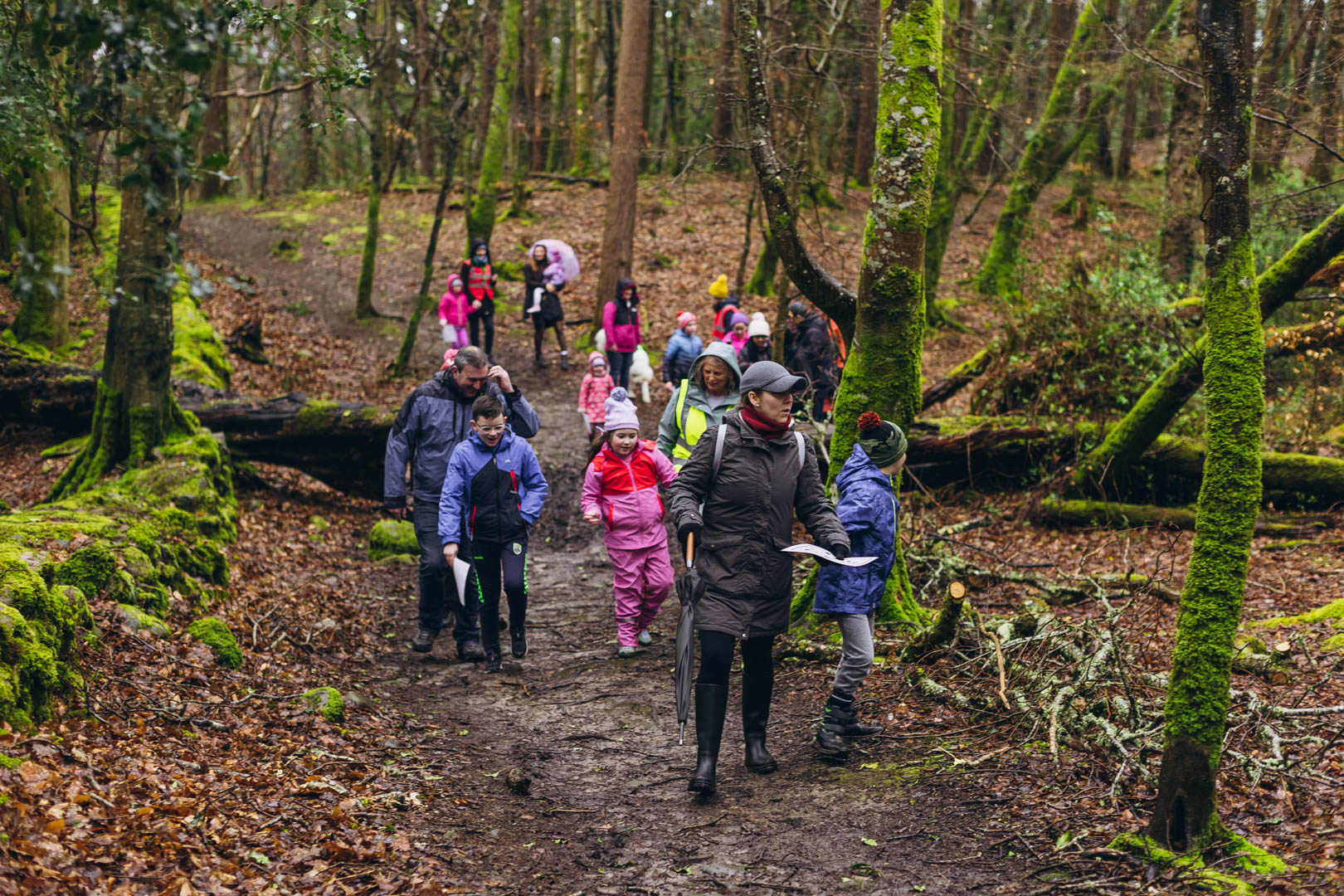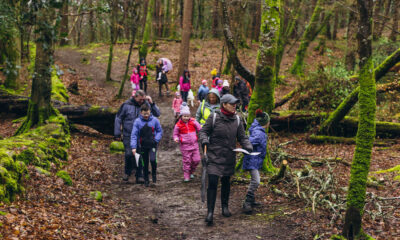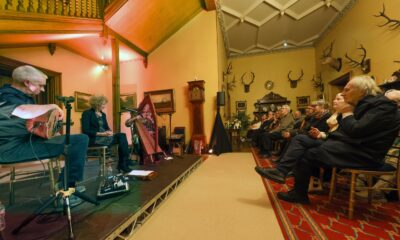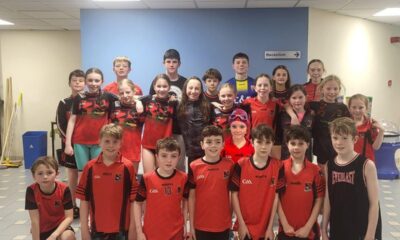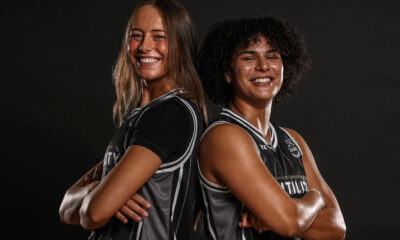News
Una talks neurodiversity for the month of October

Una Buckley is the founder of Blossom4life, which provides ongoing support to people with learning differences, mainly dyslexia, offering a range of supports from online courses to individual assessments, to diversity and inclusion programs for universities and corporations.
While she has been running her business for the past numbers of years, she has also completed her qualification in Child Psychology and Fashion and Design with previously receiving a BComm. and MSc from UCC in Ireland where she received the Scholar of the Year award. She now also guests’ lecturers in the MTU.
Una is dyslexic which is why she is so passionate about helping others who struggled just like her.
In celebrating and raising awareness, Una will be writing articles for the Killarney Advertiser over the next four weeks to promote neurodiversity awareness.
In this weeks segment she gives us a detailed overview of Dyslexia.
Dyslexia is a learning disorder primarily affecting the ability to read, write, and spell. It’s not related to intelligence or effort, but rather to how the brain processes language. Dyslexia affects about 5-15% of the population, making it one of the most common learning disabilities. Here are some important facts about dyslexia:
What is Dyslexia?
Dyslexia is a neurological condition that primarily impacts reading. People with dyslexia often have trouble decoding words, identifying speech sounds, and matching them with letters and words. This makes reading a slow and labor-intensive process, even though they may have average or above-average intelligence.
Dyslexia can manifest in different forms. Some individuals struggle with phonological dyslexia, where they have difficulty breaking down sounds in words. Others may experience surface dyslexia, where they have trouble recognizing whole words by sight and rely more on phonetics, leading to issues with irregular spelling.
Effect:
Common signs of dyslexia include difficulty reading, frequent spelling errors, problems with phonological awareness, and challenges with writing. Dyslexia can range in severity, and individuals might also struggle with other related skills like memory retention, organizing thoughts, or focusing on lengthy reading tasks.
Screening and assessment:
Dyslexia is usually diagnosed through assessments that examine reading skills, phonological processing, and educational background. While there’s no cure, early identification is crucial to provide effective intervention. Structured literacy programs, accommodations, and technology can help individuals manage their dyslexia.
Tips to Help with Dyslexia
Structured Literacy Programs:
Evidence-based structured literacy approaches, such as Orton-Gillingham or Wilson Reading System, are designed to teach phonics, decoding, and reading comprehension in a clear, systematic way. They provide step-by-step instructions and repeated practice, which are crucial for students with dyslexia.
Use Multisensory Learning Techniques:
Multisensory techniques engage sight, sound, and touch to help reinforce learning. For example, students can trace letters in sand while saying the sound out loud or use letter tiles to build words.
Provide Assistive Technology:
There are numerous tools available to support people with dyslexia, such as text-to-speech software, audiobooks, and word processors with spell-check features. These tools help reduce the cognitive load of reading and writing tasks.
Break Down Tasks:
Break assignments and reading materials into smaller, manageable chunks. Provide extra time for reading and writing tasks, as rushing can increase frustration.
Focus on Strengths:
People with dyslexia often have strong creative, problem-solving, or analytical skills. Encouraging them to explore these strengths can build confidence and reduce the negative impact of reading difficulties on self-esteem.
Be Patient and Encouraging:
Dyslexia can make schoolwork frustrating, but a supportive environment makes a big difference. Offer positive reinforcement, celebrate small victories, and be patient with progress.
Practice Reading Daily:
Encourage regular reading practice, even if it's at a slower pace. Consistent practice helps build fluency over time, and it’s important to create a low-pressure environment for this.
Thanks for taking the time to read, if you have any questions on anything covered above, feel free to reach out to me via my contact details below. Oh, and don’t forget to come back next week when I continue my Killarney Advertiser series with a deep dive into ADHD.
Una Buckley
Founder of Blossom4life
086 3588475
una@blossom4life.com
www.blossom4life.com

